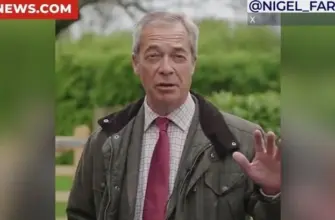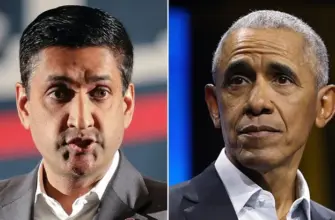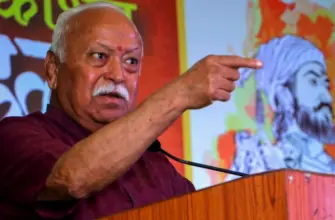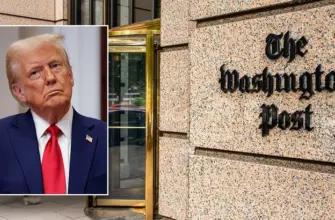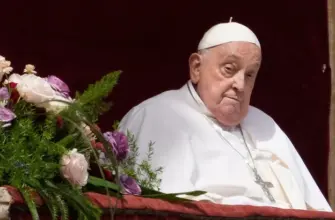A Washington, D.C. federal judge has temporarily halted two aspects of an executive order issued by former President Donald Trump concerning election procedures.
Judge Colleen Kollar-Kotelly of the U.S. District Court for the District of Columbia delivered her ruling following legal challenges brought forward by three separate organizations contesting specific elements within the March 25th directive aimed at bolstering election integrity.
While the court rejected attempts to block three provisions outlined in the order, it did grant injunctions against two key stipulations. These blocked measures focused on requirements for verifying citizenship before voter registration:
- The first provision would have mandated the Election Assistance Commission to revise national voter registration forms to include a requirement for documentary proof of citizenship.
- The second sought to obligate federal agencies providing voter registration services to individuals receiving public assistance to determine their citizenship status as a prerequisite.
In her written decision, Judge Kollar-Kotelly emphasized the constitutional authority residing with Congress and state governments regarding election regulation.
“Our Constitution entrusts Congress and the States – not the President – with the authority to regulate federal elections,”
She further stated that no legal delegation empowered the executive branch to circumvent congressional deliberations through executive action.
The court deemed challenges concerning provisions related to mail-in ballots and broader data collection on citizenship status as “premature,” suggesting these issues would be more appropriately addressed at the state level.
This development comes amidst ongoing legislative efforts in Congress, where a Republican-led House bill already passed requiring proof of citizenship for federal voting, though it still requires Senate approval.
Across the nation, 25 states are currently considering legislation pertaining to proof-of-citizenship requirements for voters, according to data from the Voting Rights Lab. Notably, fifteen state constitutions explicitly prohibit non-citizen participation in elections.
Beyond these rulings on election matters, two additional federal judges—one in Maryland and another in New Hampshire—also blocked presidential orders intended to curtail diversity, equity, and inclusion (DEI) programs within public K-12 schools. These decisions stemmed from lawsuits filed by organizations including the National Education Association, the American Civil Liberties Union, and the Maryland chapter of the American Federation of Teachers, who argued that linking federal funding to the elimination of DEI initiatives infringes upon First Amendment rights.

